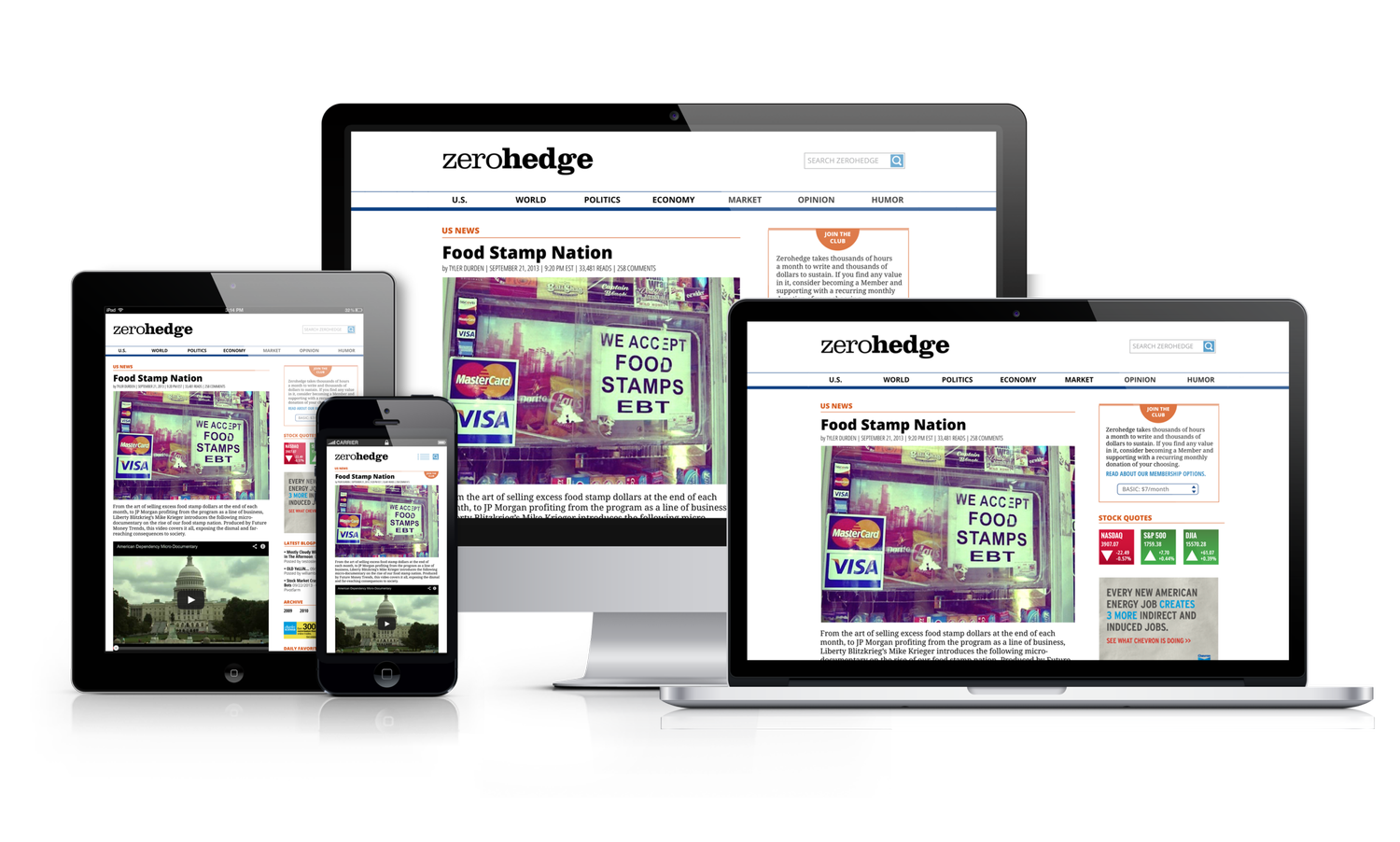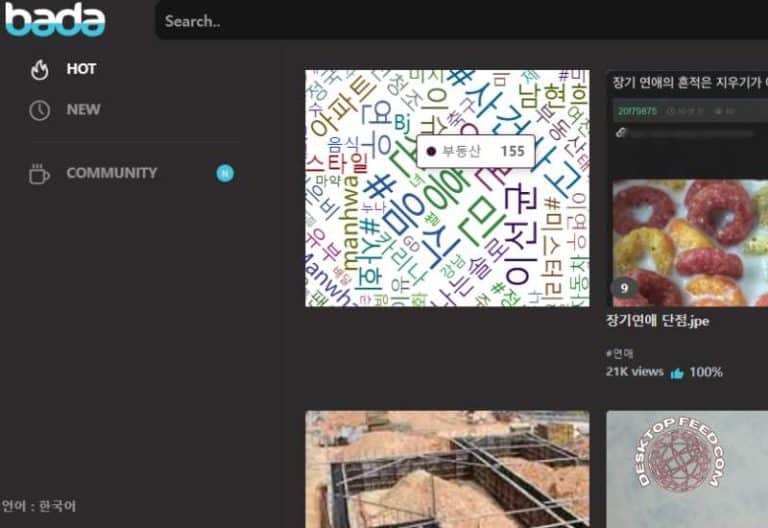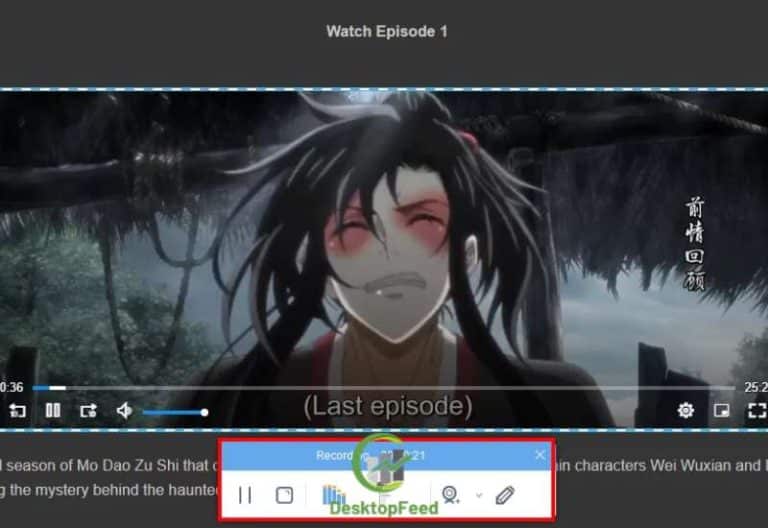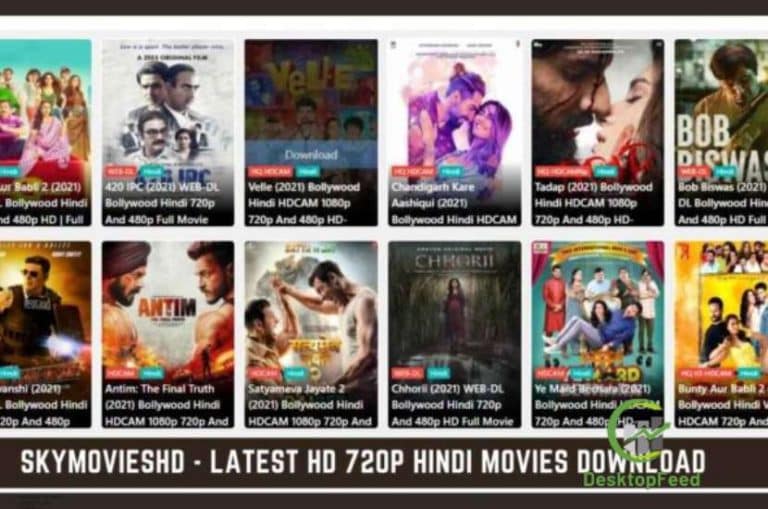ZeroHedge: A Deep Dive into the Controversial Financial News Platform

ZeroHedge has become one of the most polarizing names in online financial journalism. Launched in 2009, the platform has built a reputation for delivering sharp, contrarian takes on financial markets, politics, and global economics. Loved by some for its unfiltered commentary and distrusted by others for its sensational style, ZeroHedge is a site that refuses to be ignored. This article explores the history, influence, controversies, and ongoing relevance of ZeroHedge in today’s digital media landscape.
Origins of ZeroHedge
ZeroHedge was founded by a group of anonymous writers, with the most prominent being Dan Ivandjiiski, a Bulgarian-born former hedge fund analyst. The name “ZeroHedge” itself reflects a philosophy of preparing for worst-case scenarios in global markets—highlighting skepticism toward central banks, Wall Street institutions, and government policymakers.
From the beginning, the site distinguished itself by publishing fast-moving news, often in real time, alongside sharp editorials that challenged mainstream narratives. Unlike conventional outlets, ZeroHedge embraced anonymity through the pseudonym “Tyler Durden,” a nod to the anti-establishment character from the film Fight Club. This choice was symbolic: the brand positioned itself as a voice for those disillusioned with financial elites.
Core Themes and Coverage
ZeroHedge’s appeal lies in its range of topics and willingness to take strong stances. The site covers:
Financial Markets: Stocks, commodities, crypto, and bond markets often feature prominently, with commentary on risks and market manipulation.
Macroeconomics: ZeroHedge often critiques central bank policies such as quantitative easing, low interest rates, and fiscal bailouts.
Politics: The site dives into geopolitics, elections, trade wars, and foreign policy, always emphasizing the potential risks to markets and global stability.
Alternative Perspectives: Many readers visit ZeroHedge because it highlights data and viewpoints overlooked or underreported by traditional financial media.
This mix has attracted a wide readership ranging from professional investors to everyday readers who are skeptical of mainstream news.
ZeroHedge’s Audience and Reach
Over the years, ZeroHedge has grown into a major force in financial commentary. The site boasts millions of monthly visitors and an engaged audience that thrives on alternative viewpoints. It appeals particularly to:
Investors and Traders looking for contrarian analysis and early warnings about market risks.
Libertarians and Free-Market Advocates who appreciate the site’s skepticism of government intervention.
Political Skeptics who distrust traditional news outlets and look for independent sources of information.
Its reach extends far beyond its website. ZeroHedge articles are frequently shared across social media platforms, financial forums, and even cited by larger news organizations when stories break.
Controversies and Criticism
While ZeroHedge has achieved undeniable influence, it has also faced intense criticism.
Anonymous Authorship
Critics argue that anonymity makes it difficult to verify the credibility of sources. The “Tyler Durden” persona, though symbolic, raises questions about accountability.
Sensationalism
ZeroHedge is often accused of exaggerating risks or presenting financial news in a doomsday style. Headlines predicting imminent market collapse or global crisis fuel debates over whether the site prioritizes traffic over accuracy.
Fact-Checking and Reliability
Mainstream media outlets have occasionally challenged ZeroHedge’s accuracy, pointing Regardless of where one stands on ZeroHedge, its impact is undeniable.
Market Moving Stories: ZeroHedge has been known to publish breaking financial stories before mainstream outlets, occasionally moving markets in the process.
Alternative Narratives: By questioning central banks and large institutions, ZeroHedge has shaped conversations around financial transparency and systemic risks.
out errors or misleading interpretations of data.
Social Media Bans
In 2020, ZeroHedge was temporarily banned from Twitter for allegedly spreading misinformation during the early stages of the COVID-19 pandemic. Although reinstated, the episode highlighted ongoing tensions between the site and tech platforms.
Despite these controversies, loyal readers defend ZeroHedge as a necessary counterbalance to what they perceive as the sanitized narratives of corporate-owned media.
Influence on Financial Journalism
Independent Media Model: Its blend of anonymous commentary and raw news has inspired other independent financial blogs and websites.
For many traders and investors, reading ZeroHedge is part of a daily routine—not because they always agree, but because ignoring it means missing out on important perspectives.
ZeroHedge in the Age of Alternative Media
The rise of alternative media platforms has given ZeroHedge even more significance. In a world where traditional media faces skepticism and accusations of bias, sites like ZeroHedge thrive by offering unfiltered and sometimes radical viewpoints.
Moreover, in the era of cryptocurrencies, decentralized finance, and growing global uncertainty, ZeroHedge has found fertile ground for its skeptical narratives. Its emphasis on systemic risk resonates with readers who believe mainstream media overlooks or downplays potential crises.
Criticism vs. Necessity
The debate over ZeroHedge often boils down to this question: Do we need voices like ZeroHedge, even if they sometimes cross the line into alarmism?
On one hand, critics argue that fear-driven reporting can mislead readers and destabilize markets. On the other hand, supporters claim that questioning powerful institutions and offering alternative interpretations is essential in a democratic society.
In reality, ZeroHedge’s popularity suggests a deep hunger for perspectives outside of mainstream channels. Whether one views it as a watchdog or a fearmonger depends largely on one’s trust in traditional media.
The Future of ZeroHedge
As the global economy continues to face challenges—from inflation and debt crises to geopolitical tensions—ZeroHedge is likely to remain highly relevant. Its model of rapid reporting and bold commentary appeals to a digital audience that craves immediacy and skepticism.
Looking forward, the platform may expand its reach through new media formats such as podcasts, video channels, or partnerships. At the same time, ongoing scrutiny over misinformation means it will continue to face challenges from regulators, fact-checkers, and social media companies.
Conclusion
ZeroHedge is not just another financial blog—it is a cultural phenomenon within the world of financial journalism. By combining anonymous commentary, rapid news coverage, and contrarian analysis, it has carved out a unique and often controversial space.
For readers, ZeroHedge represents both an opportunity and a challenge: an opportunity to access perspectives often ignored by mainstream outlets, and a challenge to critically evaluate the accuracy and intent behind the reporting.
Love it or hate it, ZeroHedge reflects the growing demand for independent voices in media. Its very existence proves that in a complex and uncertain world, people want more than just polished headlines—they want raw, unfiltered truth, even if it comes with a heavy dose of controversy.






